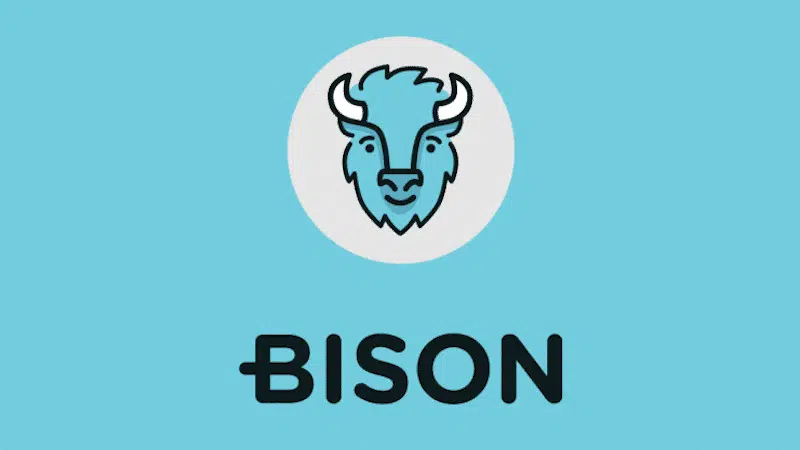Bison, a cryptocurrency trading platform operated by the Böerse Stuttgart Group, has implemented an insured staking service for Ethereum customers.

With the new staking feature, customers can earn weekly rewards by staking as little as 0.005 Ether.
German companies, such as the global reinsurance firm Munich Re, are supporting the initiative. Munich Re protects against the prevalent risks associated with cryptocurrency staking.
Investing with Insurance
Bison’s collaboration with Munich Re and Staking Facilities, a German staking provider, will allow the crypto trading platform to offer insured ETH staking.
The insurance is intended to mitigate the primary risk of “slashing,” which is the potential loss of staked ETH that may result from a network penalizing validators for unlawful actions.
Users can stake their assets with protection against some of the most common risks of staking, as Munich Re’s policy also protects against operational errors, technical malfunctions, and potential fraud.
Regulated Staking
The Federal Financial Supervisory Authority-licensed Böerse Stuttgart Digital Custody is responsible for the custody of all assets staked through Bison’s platform, guaranteeing adherence to German regulatory standards.
In the interim, Vitalik Buterin, the co-founder of Ethereum, expressed his endorsement of solitary staking.
Buterin acknowledged the concept of reducing the minimal staking deposit for solo stakers to approximately 16–24 ETH to facilitate the network’s transition to enhanced security and decentralization.
Börse Stuttgart, DZ partnership
Börse Stuttgart Digital, the group’s crypto division, partnered with DZ Bank on September 19 to offer consumers crypto trading and custody services.
The partnership will allow approximately 700 cooperative banks under DZ Bank’s umbrella to provide retail consumers with digital asset access to cryptocurrencies such as Bitcoin and ETH.
The transition will commence later this year, allowing a limited number of retail clients to experiment with the new crypto trading options through a phased roll-out plan.
